
Save Stuff for Later

Japanese home organizer Marie Kondo has helped thousands get rid of the clutter in their homes and find a new, better relationship with the objects in their lives, first with her book "The Life-Changing Magic of Tidying Up" and more recently with the Netflix series that captures her in action. The bottom line of her method is to only keep things that spark joy. But, in honor of "Old Stuff Day" on March 2, there's some old stuff — things you might consider clutter — that you should keep. The key is knowing which ones and putting them in the right place.
Take moving boxes. They're an investment, either in money or time. Chances are, you'll need them more than once, either for yourself or someone in the family. Break down the best ones in a variety of sizes, and put them against the wall of a big closet, somewhere in the garage or up in the attic. If you use plastic bins to move, stack them, put the lids inside the top one and tuck into a corner of your home. Here are some other decluttering day tips that Marie Kondo might not know about.
Start in the Bathroom
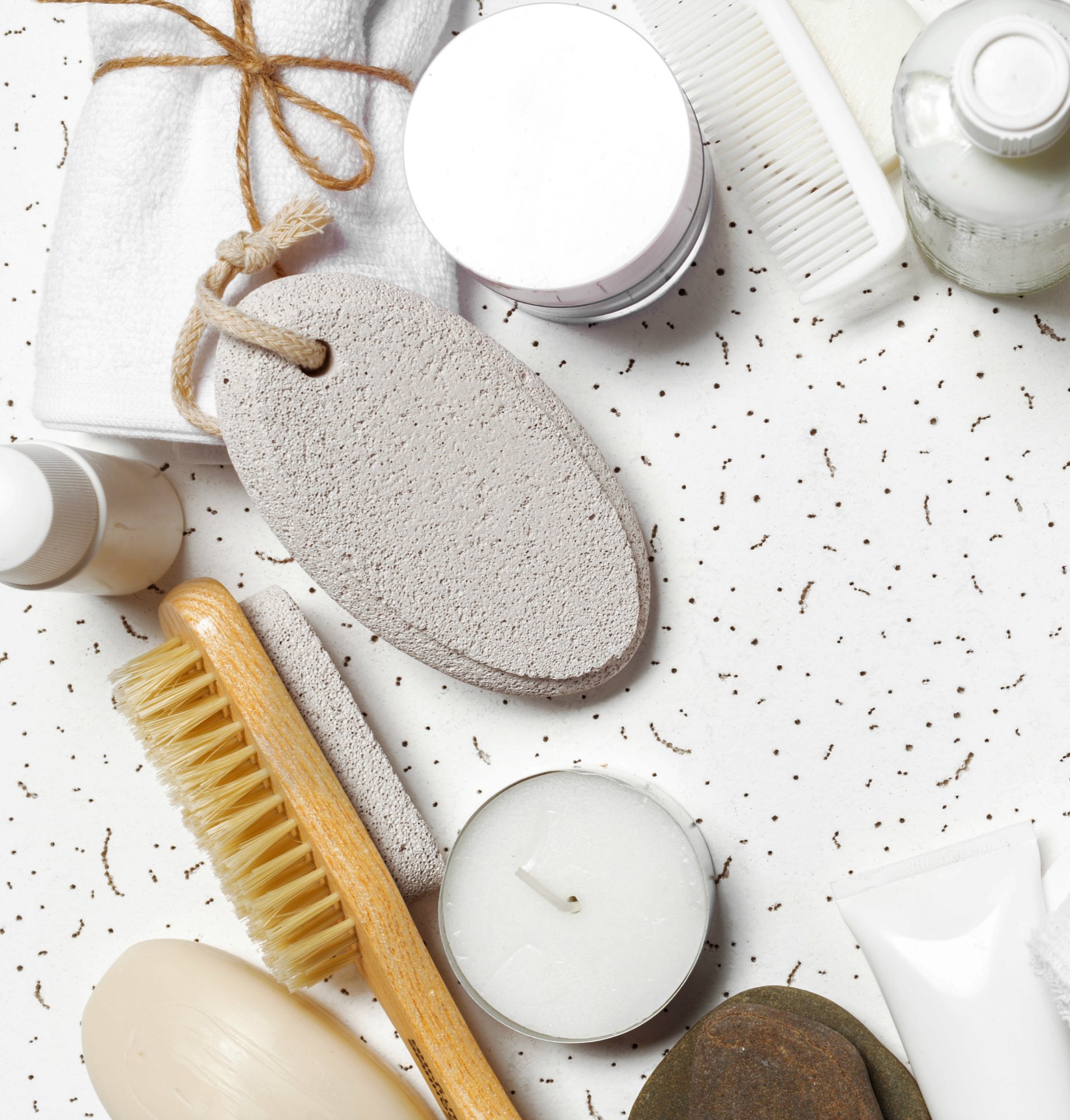
Look, the KonMari method has helped thousands of people. But if you're not in an emotional crisis about decluttering, don't start in your clothes closet. Instead, start where you'll have the fastest impact: the bathroom. There are shelves and drawers for things. Many items are marked with expiration dates. Your investment isn't too huge, so tossing is easy. You won't get caught up in trying to donate or sell (because, ew). Best of all, you can declutter even the most junk-filled bathroom in, at most, a couple of hours.
Or Start in the Kitchen
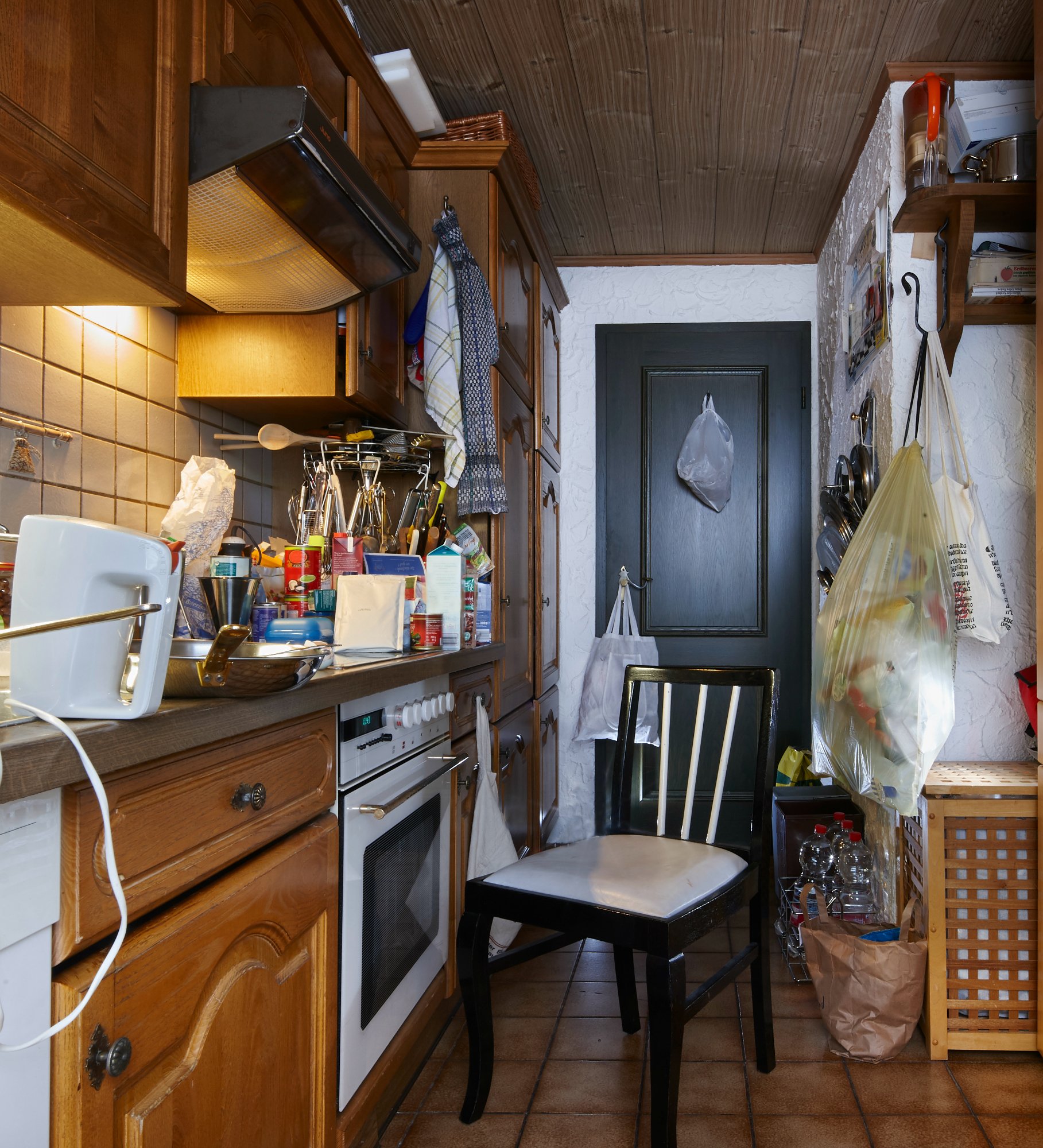
Decluttering your kitchen might take twice as long as your bathroom, but it's the other best place to start your whole-house process. You know what you use and don't use. (Obviously, pitch what you're not really using.) Keep only things that have more than one purpose. Chuck all the spices you no longer remember when you purchased. Dump drawers, wipe them down and refill with purpose. Clear countertops, wipe them down, enjoy their emptiness for a few minutes and then place on them only what you absolutely must.
Money Sparks Joy
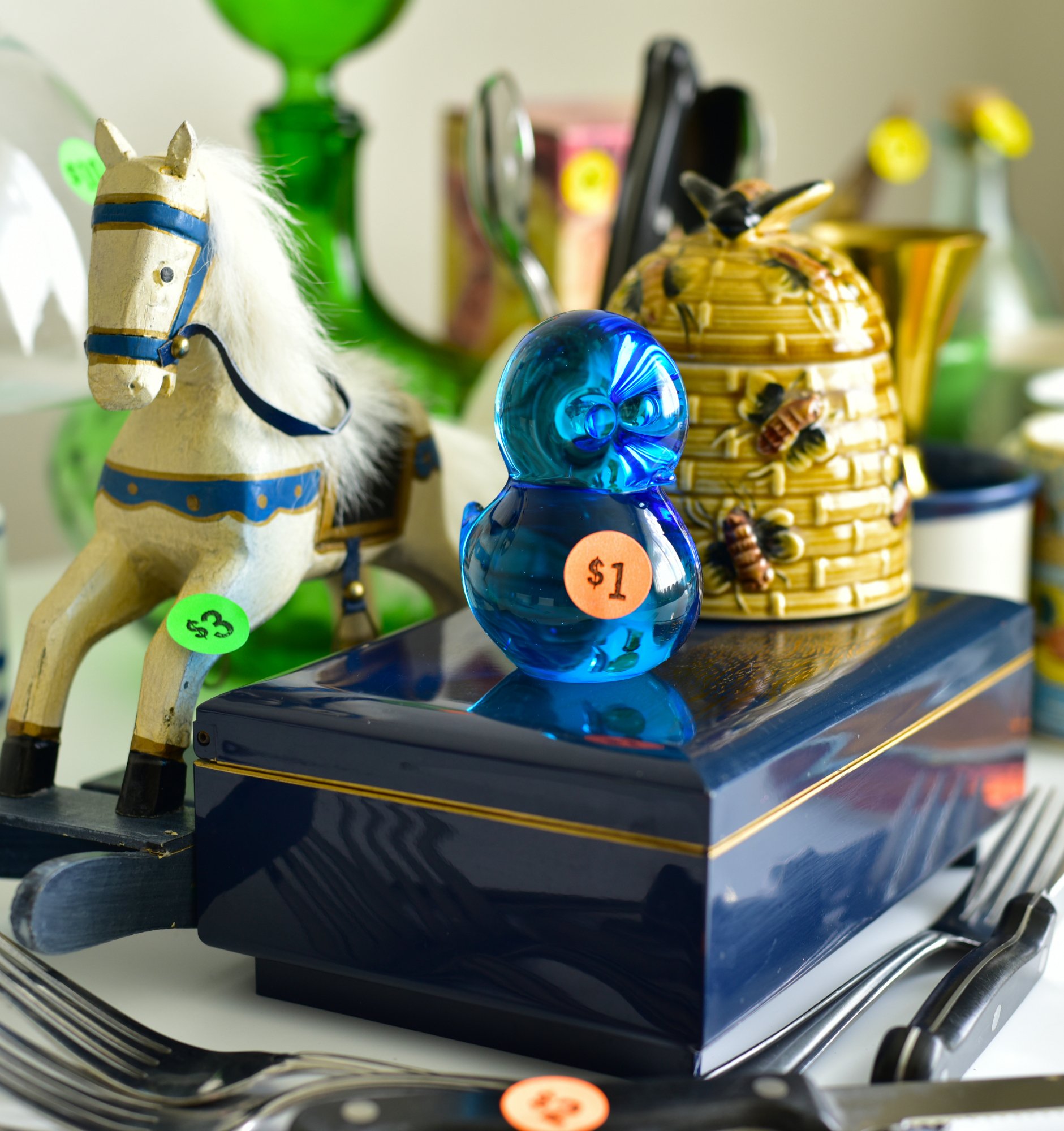
The KonMari method is immediate and ruthless. Each item is handled, spoken to and thanked for its service. All good approaches for things you're struggling to let go. You know what else helps? Money. What Marie Kondo doesn't know is that garage sales work when there's a large volume of inventory. The trick is to set an earnings goal, make sure you're putting out enough bigger-ticket items, pricing things to move and setting the date. Nothing sparks joy like cold, hard cash.
Old Stuff, New Uses
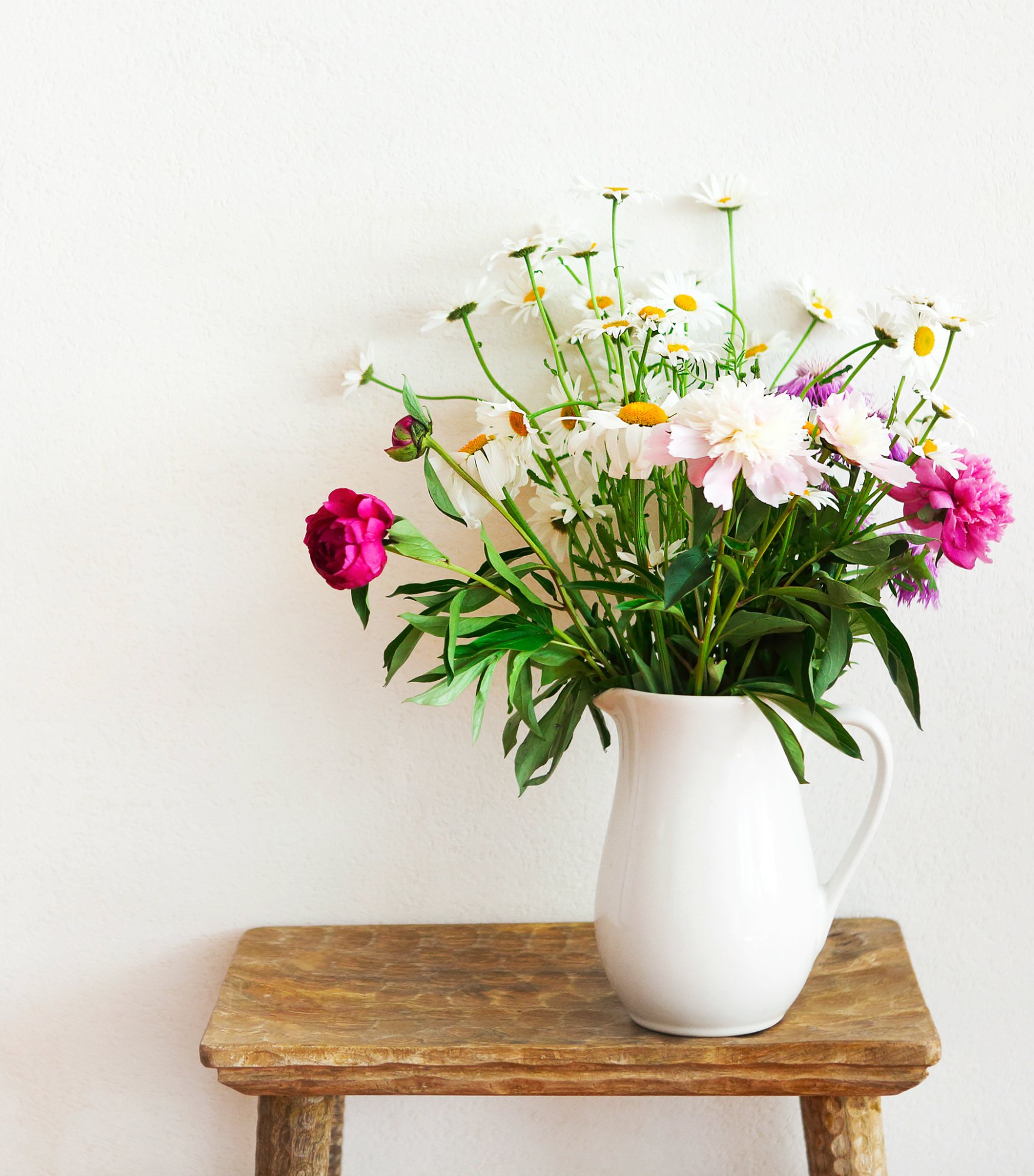
By all means, get rid of stuff you don't really like or use. But if you come across objects that you sort of like and they have some type of meaning for you, you don't have to rush to get rid of them. Instead, take a second look. Maybe there's a different use for the object. A pitcher can be repurposed as a vase, an old frame as a decorative tray. Even stained bath towels that are still otherwise fine can be made into cleaning rags, spa slippers or a child's bathrobe.
Better in Groups
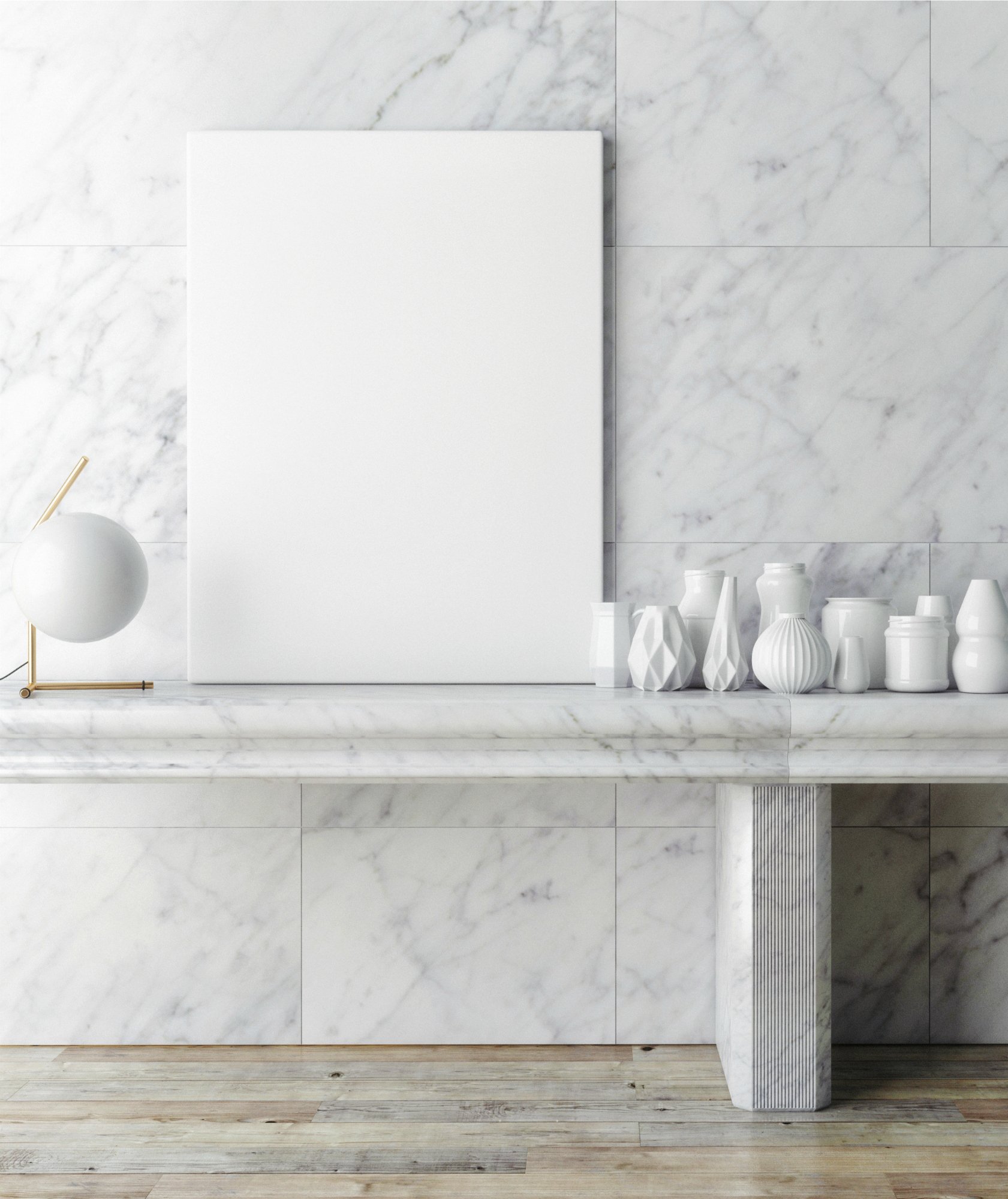
Jars, knickknacks, vases and even books are often more appealing when displayed together. In fact, they make an aesthetic statement that, while not minimal, can spark joy as a whole. Group like colors, like objects and like materials, and see what you think. If it doesn't work, you might be so sick of handling the things that you'll throw them into the donations box and never look back.
Hand-Me-Downs
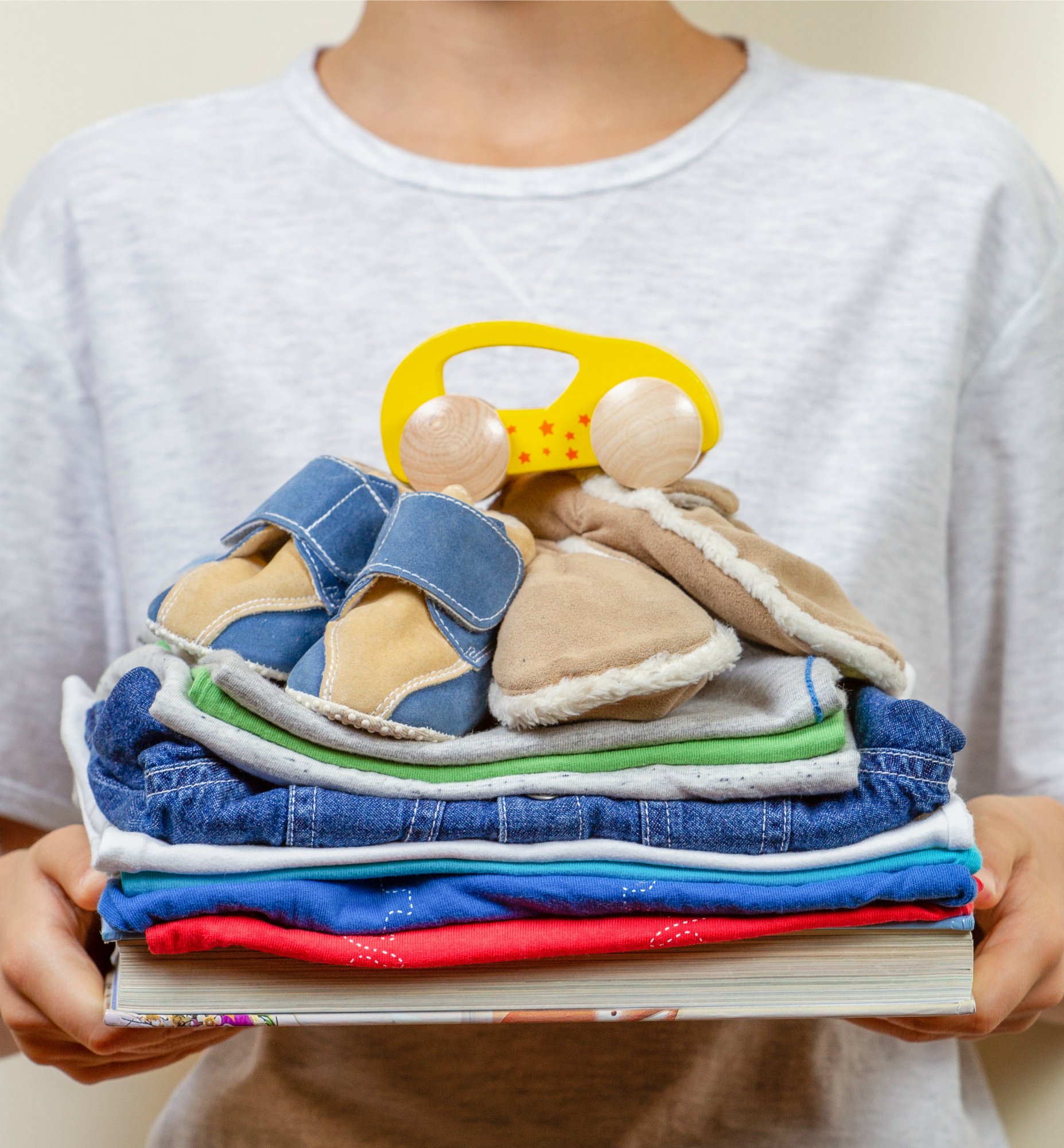
Kids amass tons of toys, clothes, books and other items at a rate that's hard to keep up with. While Marie Kondo's strategy is to pare down fast and keep only what you like, if you plan to have other kids, packing away hand-me-downs is a solid strategy. Just be sure to mark the boxes clearly with dates, clothing/shoe sizes and season.
Good Clutter
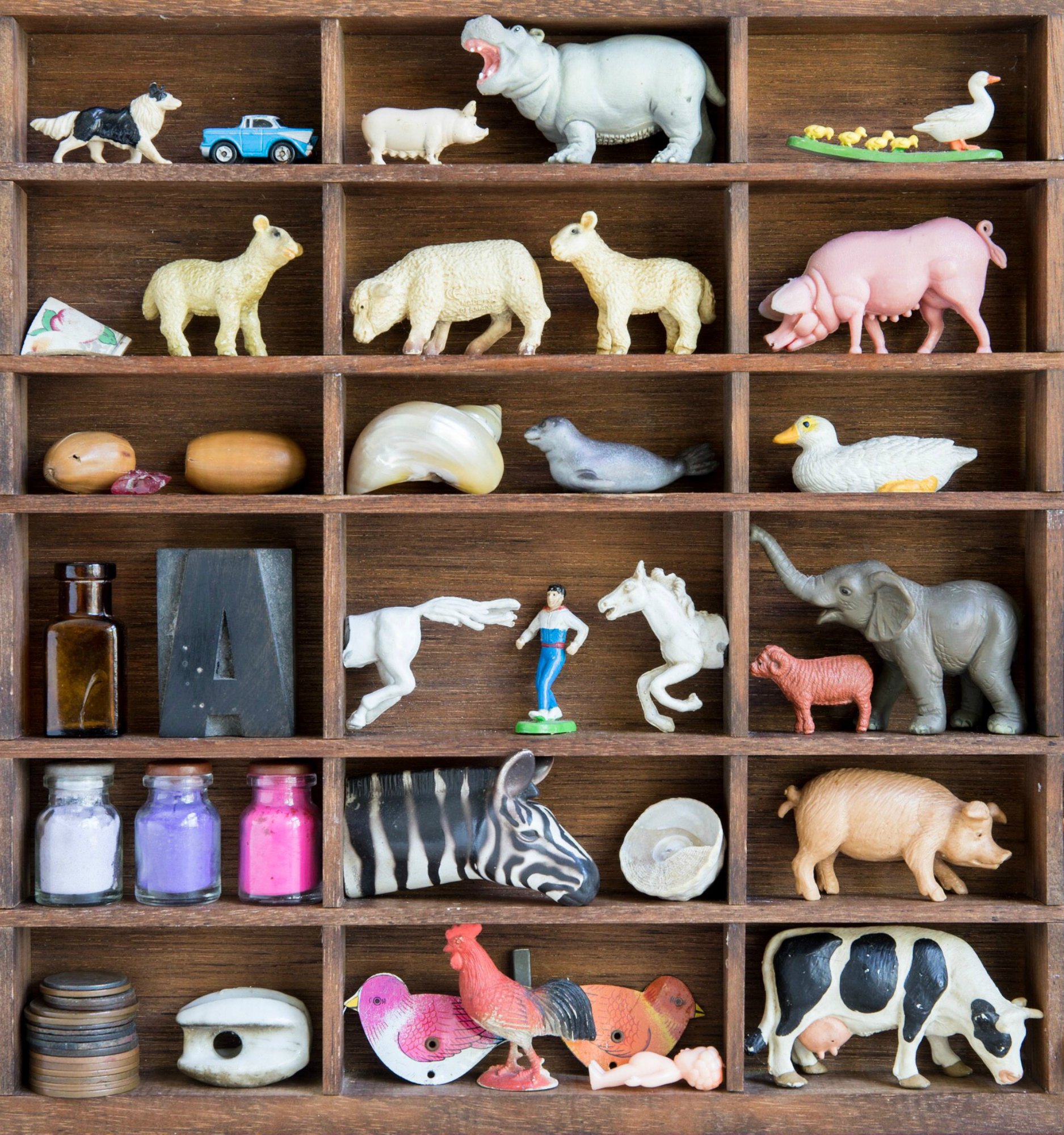
Tiny figurines have an appeal, one that might not be quite a spark but is fun nonetheless. Either they were gifted from someone's world travels or you picked it up as a souvenir. They tell stories, and stories are joyful. So, it's OK to hang on to them. What you can do is maximize how you enjoy them by putting them out for display in a converted lightweight crate, an antique curio or diorama box.
You'll Miss the Heirlooms
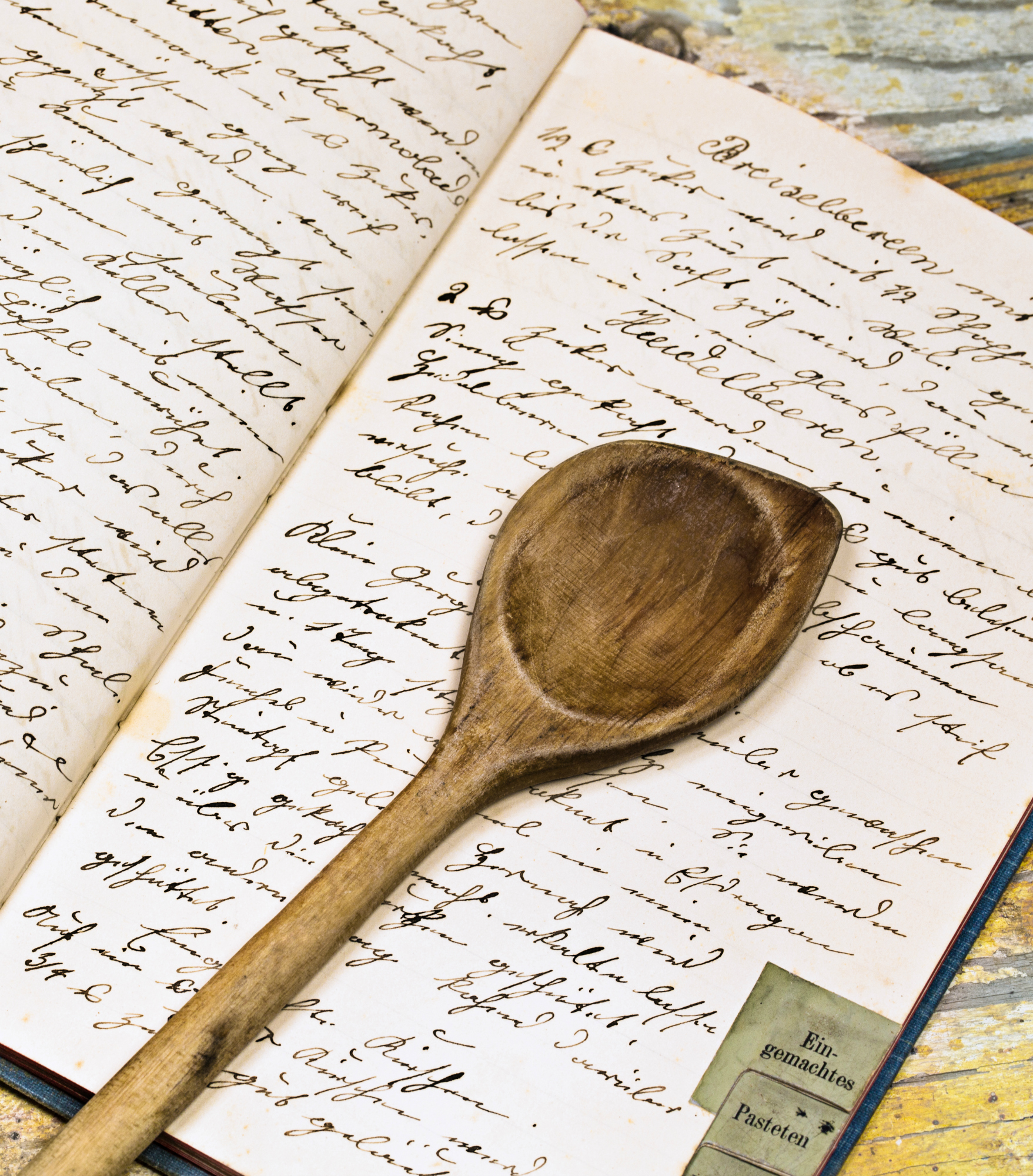
Kondo's right, you can't keep everything. And not all sentimental objects make you happy. But ignore the minimalist advice if you've inherited family items that you don't really use, don't really need and only sort of want. If you think they're important enough to hold on to, find a spot for them in your home that feels right to you. If it's a useful object — cookware, an old-fashioned radio, your mom's favorite sunglasses — find a way to make it useful in your life, too.
Hold an Estate Sale
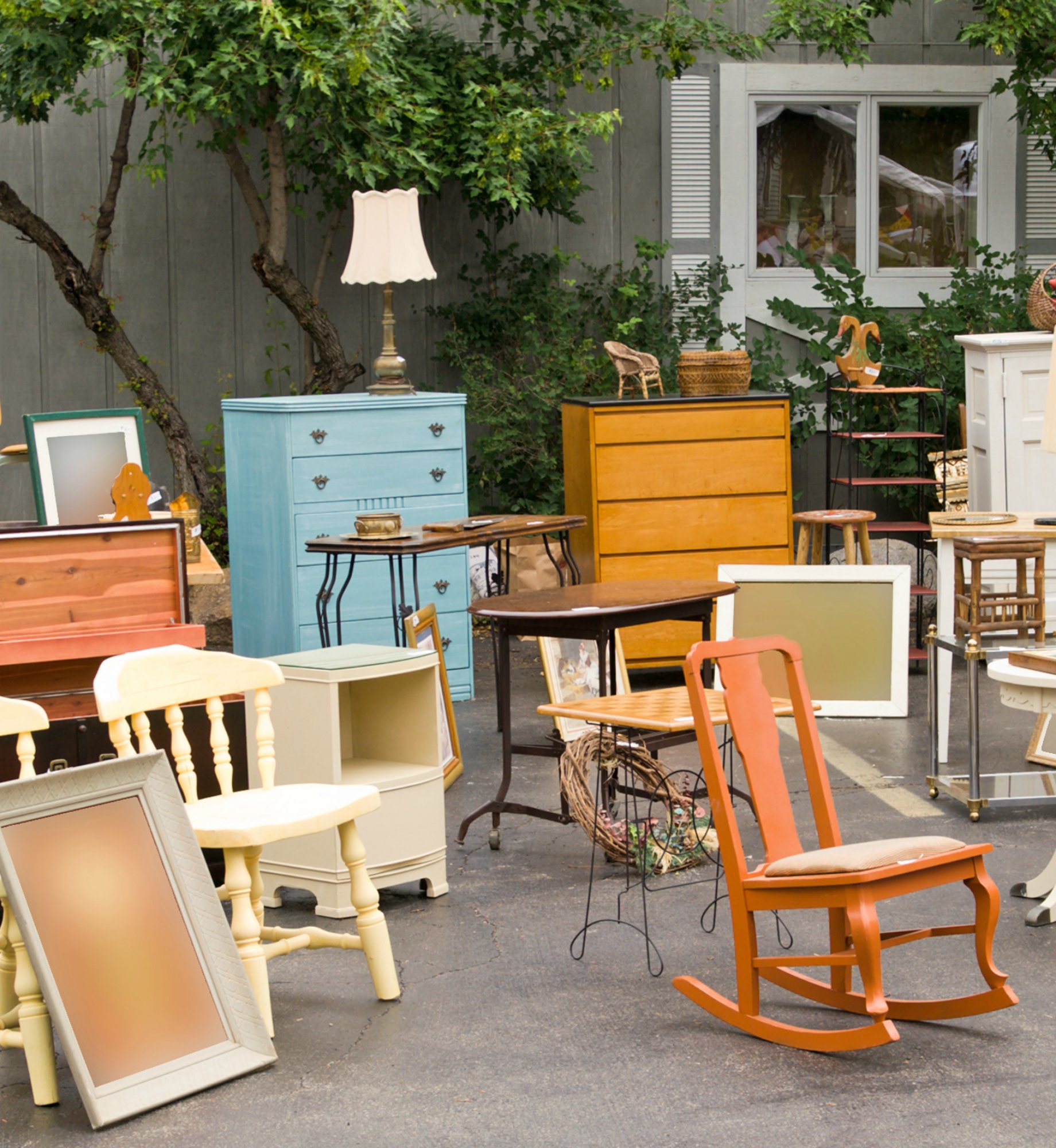
Sure, Marie Kondo wants you touching and thanking every item before you send it away. But what if you could have someone come in and do all that for you — for free — and make you a little money in the process? If you're really in clutter hell, skip the conversations with old chairs and call in an estate sale group. You can close off certain rooms (which you'll fill with the things you must keep). And they'll tag, organize, advertise and sell the rest. They'll take a cut of the profits, you get the rest. Often, they'll even haul away anything that didn't sell.
Let Friends Shop Your House
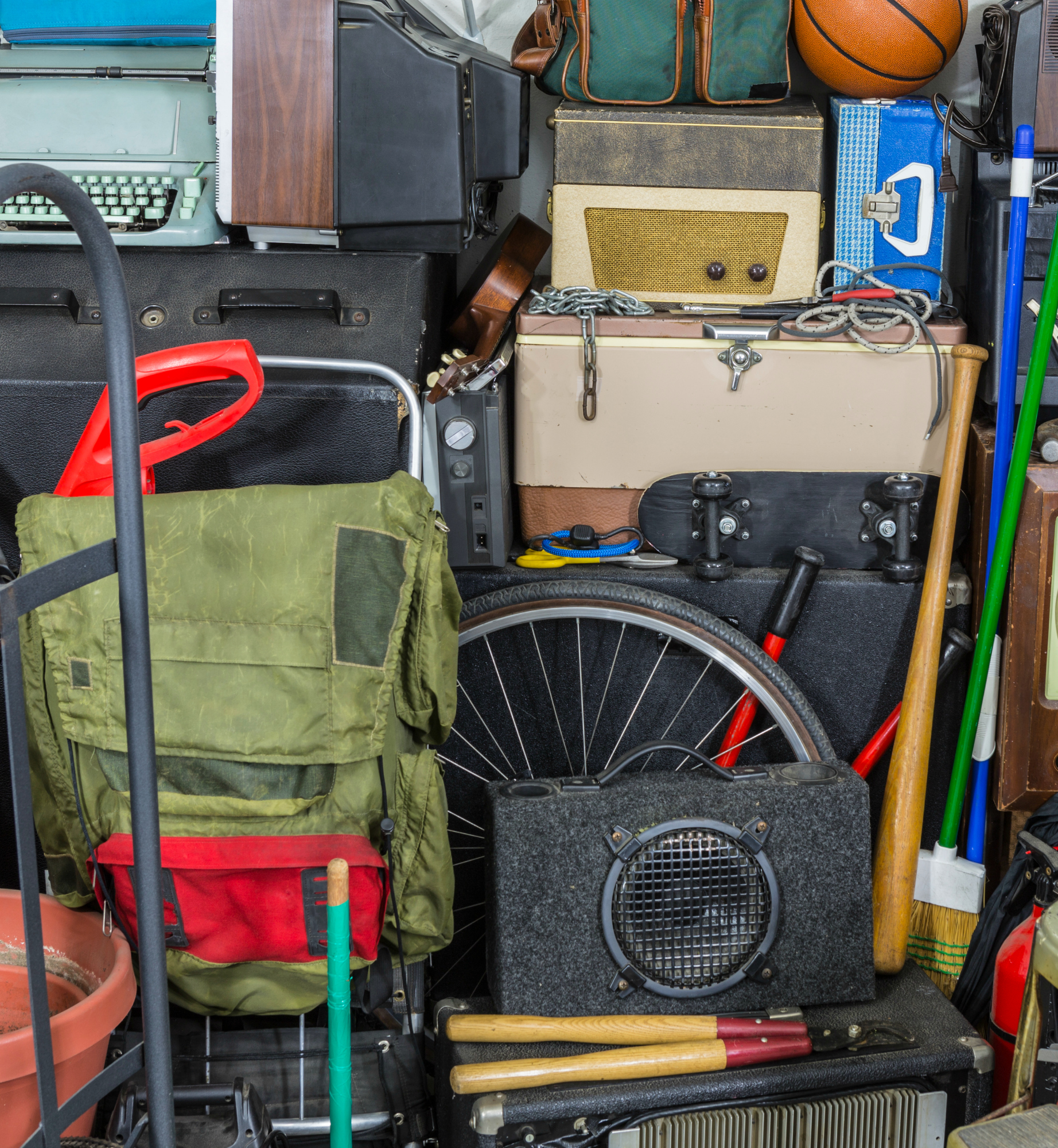
Going through each item could take months and months of endless work for some of us. If you're ready to make big changes, put away the few things you know you can't part with (your computer, your purse, your bed), and then invite friends over to shop your house (or your garage, attic or basement). Make general price guidelines, but be open to negotiating. Make money while others declutter for you.
Home Attic Test
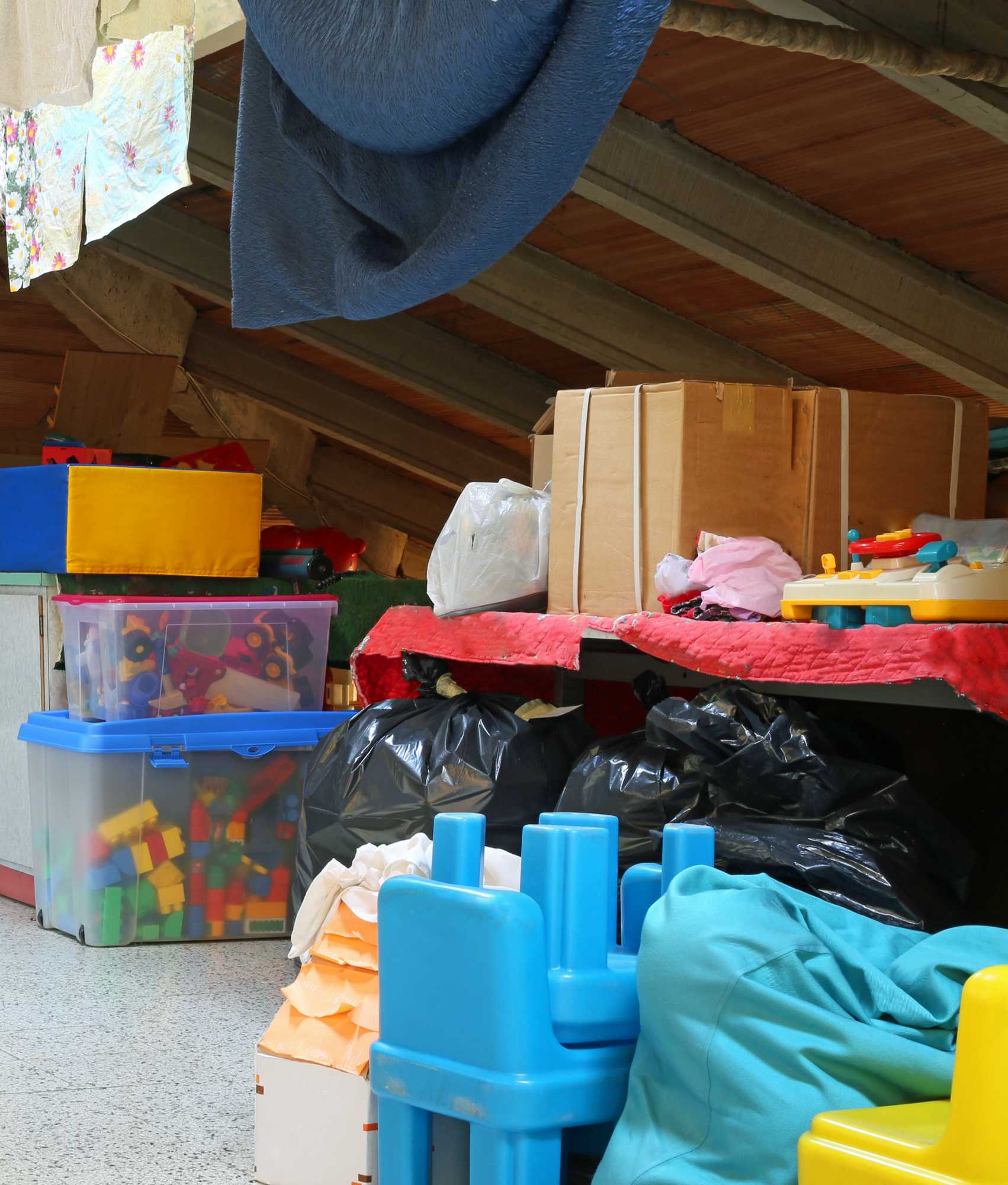
Some things are easy to get rid of; other things you suspect you'll miss five minutes after you pull out of Goodwill. For the latter, put them through the attic test. Box up the items, mark the date on the outside, set your calendar alert for three to six months from the day you boxed them up, and toss them up in the attic, down in the basement or out in the garage. When you see your alert, if you can't remember what was in the boxes — or you realize you really don't care about the items — pop them in the trunk and drop them off for donation.
Start a Tools Library

Sure, get rid of tools you don't like and hate storing. But if you suspect you might use them again, or you simply want to hang on to them because they're good tools, go ahead and keep them. They were an investment, so think about starting a neighborhood tool library. Organize what you have, and take pictures of the tools wherever you've put them away. Start a Facebook group or other online forum, and invite your neighbors to do the same. Everyone can scan each other's offerings and text when they see something they'd like to borrow.
Start a Toy Library

Like the tool library, a toy library can be a great way to share things you want to hang on to but that are taking up space and not necessarily needed in daily life. Organize the toys, take pictures, post in a neighborhood parenting Facebook group, and let kids see and borrow each other's things.
Skip the Joy Talk
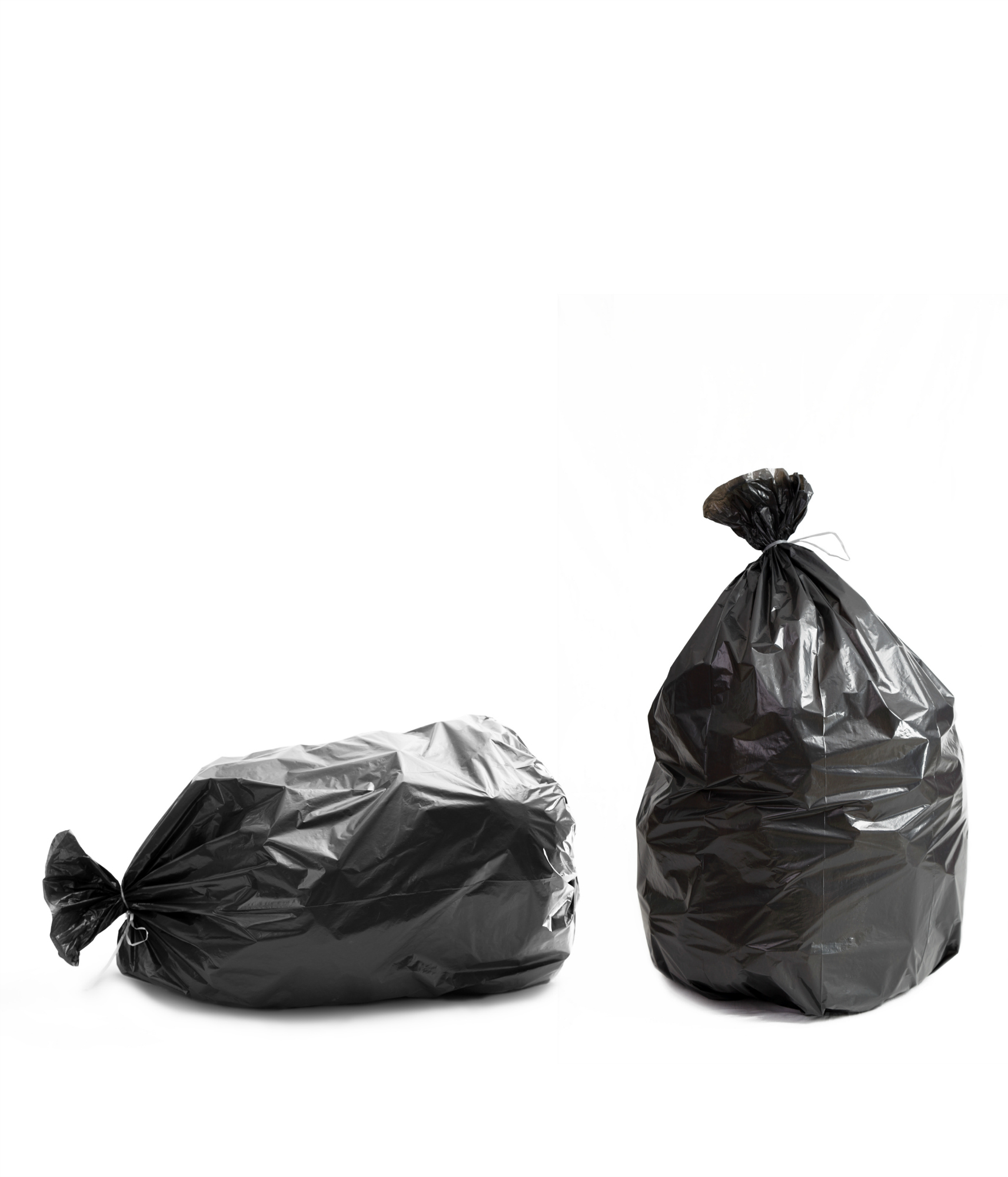
Sometimes, you just need to go through the house, trash bag in hand, not worrying about sorting, donating, thanking or feeling. Grab and toss. Let your first impulse make the decision. It's freeing, it's fast — and you'll have no regrets.
Other People's Things

Look, roommates rarely spark joy, and their stuff is just whatever/totally annoying. And you simply have to live with it. Instead of trying to get them on the decluttering bandwagon, create calm, clutter-free spaces that are only yours. Find a way to enjoy (or ignore) the rest. Sometimes more minimal living can be appealing to others once they see it in action. Be an example.
Be Honest: You Need It
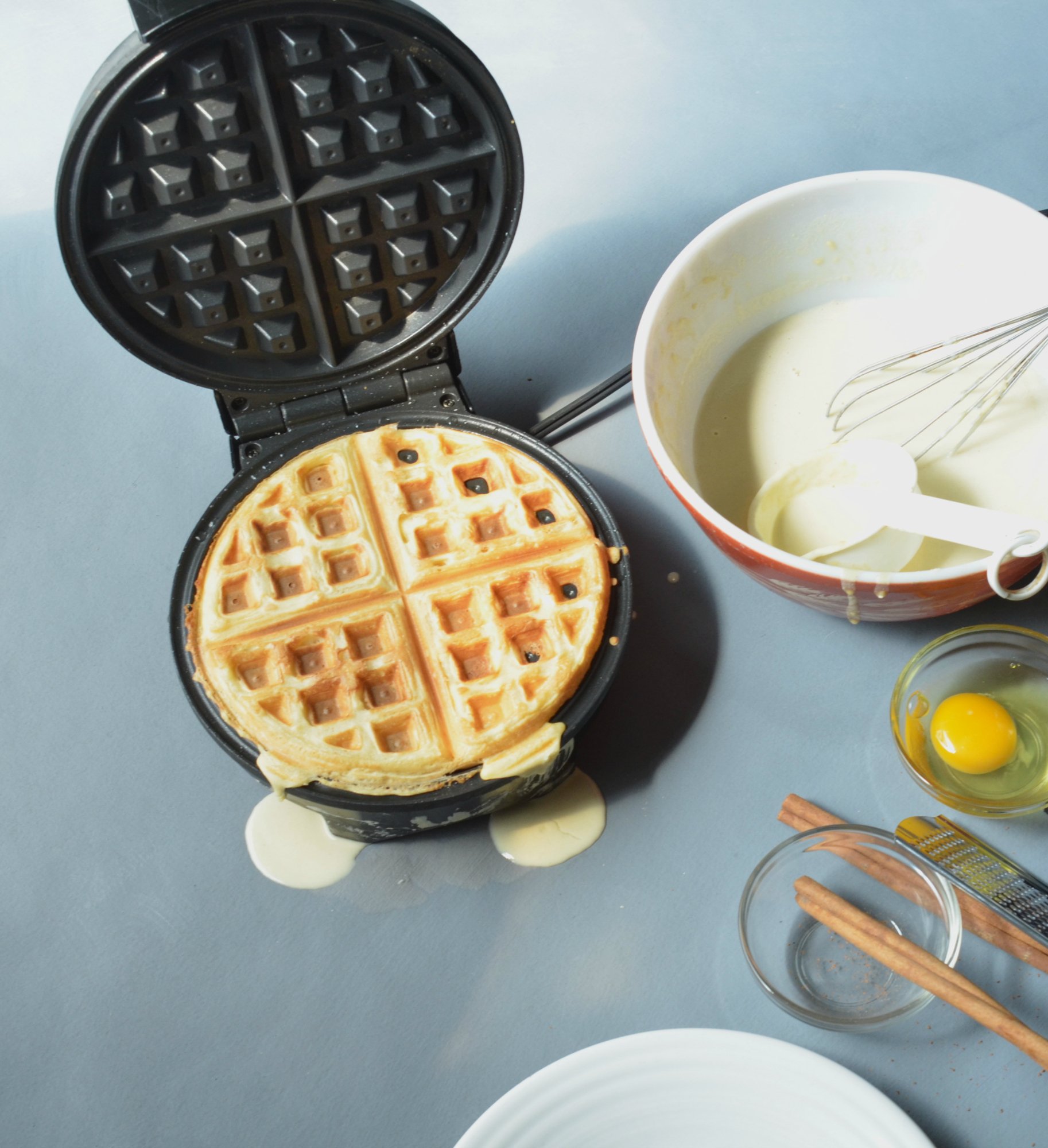
Sure, your waffle iron doesn't spark joy. Nor do flashlights, rubber bands or plain T-shirts. But you know in your heart of hearts that you'll end up buying them again within a year of tossing them out. Those "meh" but once-in-a-while items aren't clutter. Clean them up, put them away in a new spot and just let them be there.
Declutter on a Nice Day
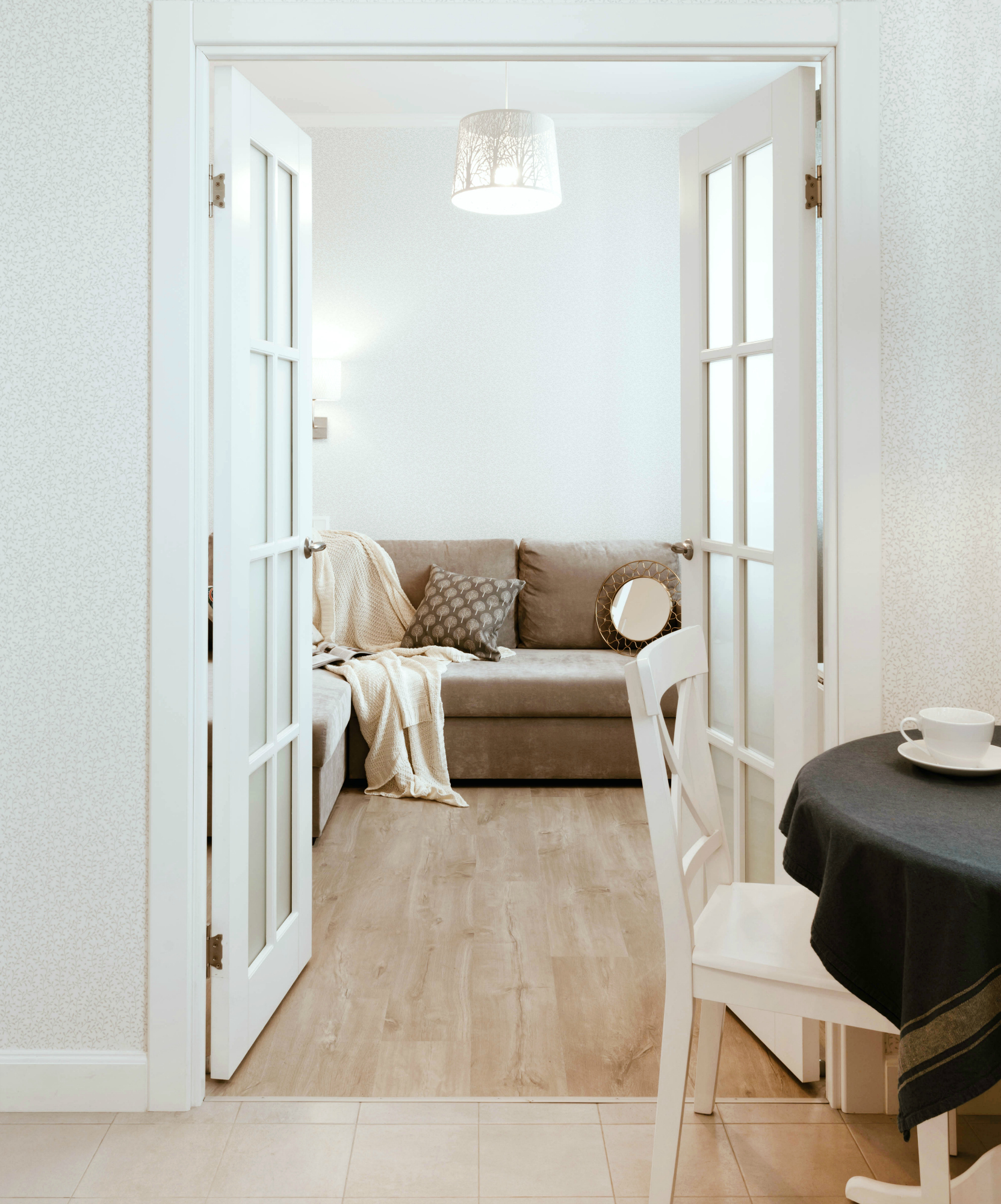
Decluttering on a nice, sunny day isn't punishing yourself for your slovenly, hoarder ways. Instead, you're enjoying the process, as tedious and sometimes overwhelming as it can be. If you're emotionally attached to a lot of your things, you're going to want to go into the project happy, not dark and depressed.
Declutter Kids' Rooms Slowly
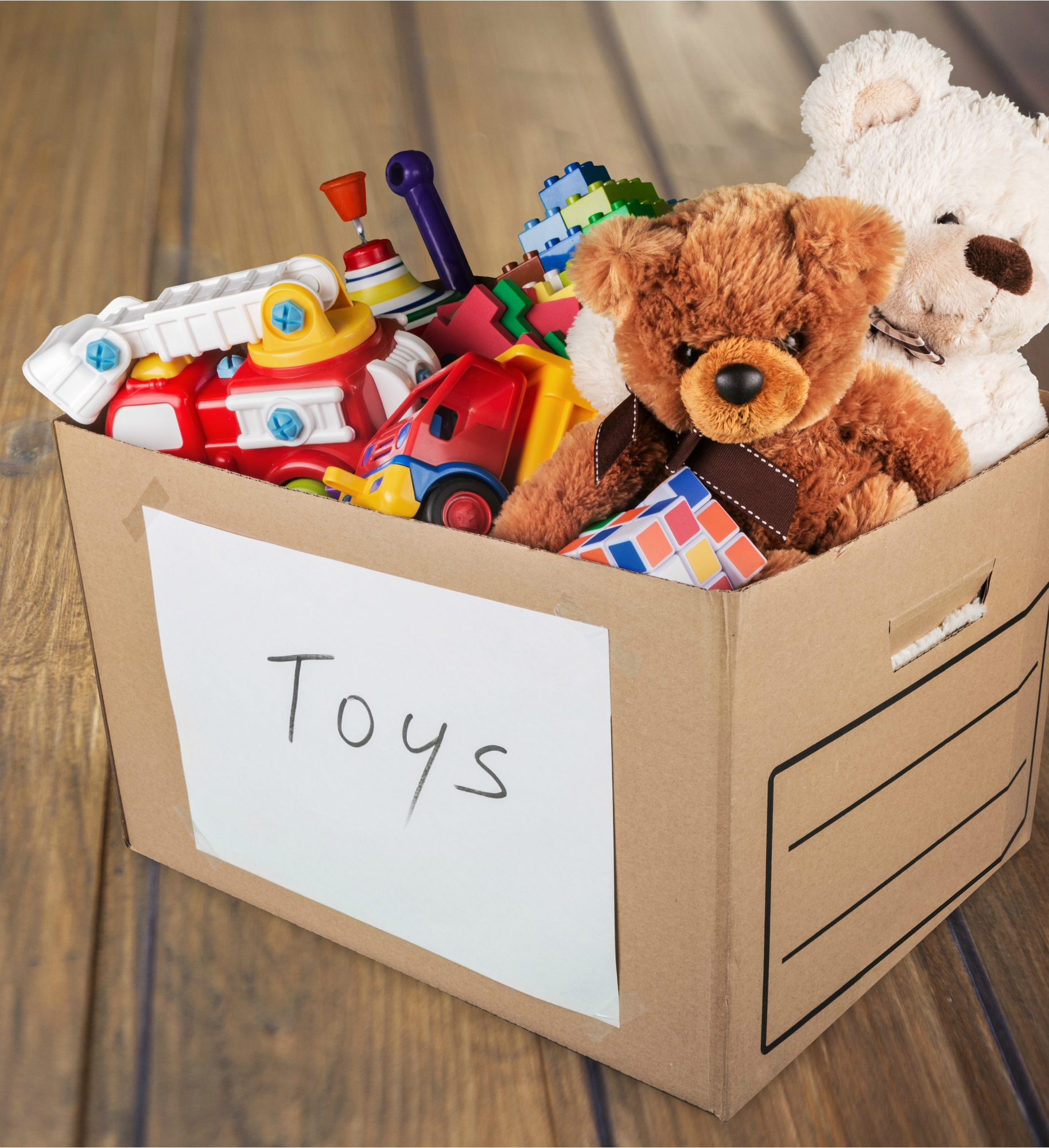
Sure, Marie Kondo gets kids involved, and it looks fun and full of lessons for all! But if you don't have that kind of patience or those kinds of kids, you'll need to be the captain in charge of deciding what stays and what doesn't. Most kids have way more stuff than they play with, so if you pull out 10 things every few days (while they're in school or at a friend's house), you'll make progress more quickly and with less angst.
Old Shirts Make Great Rags
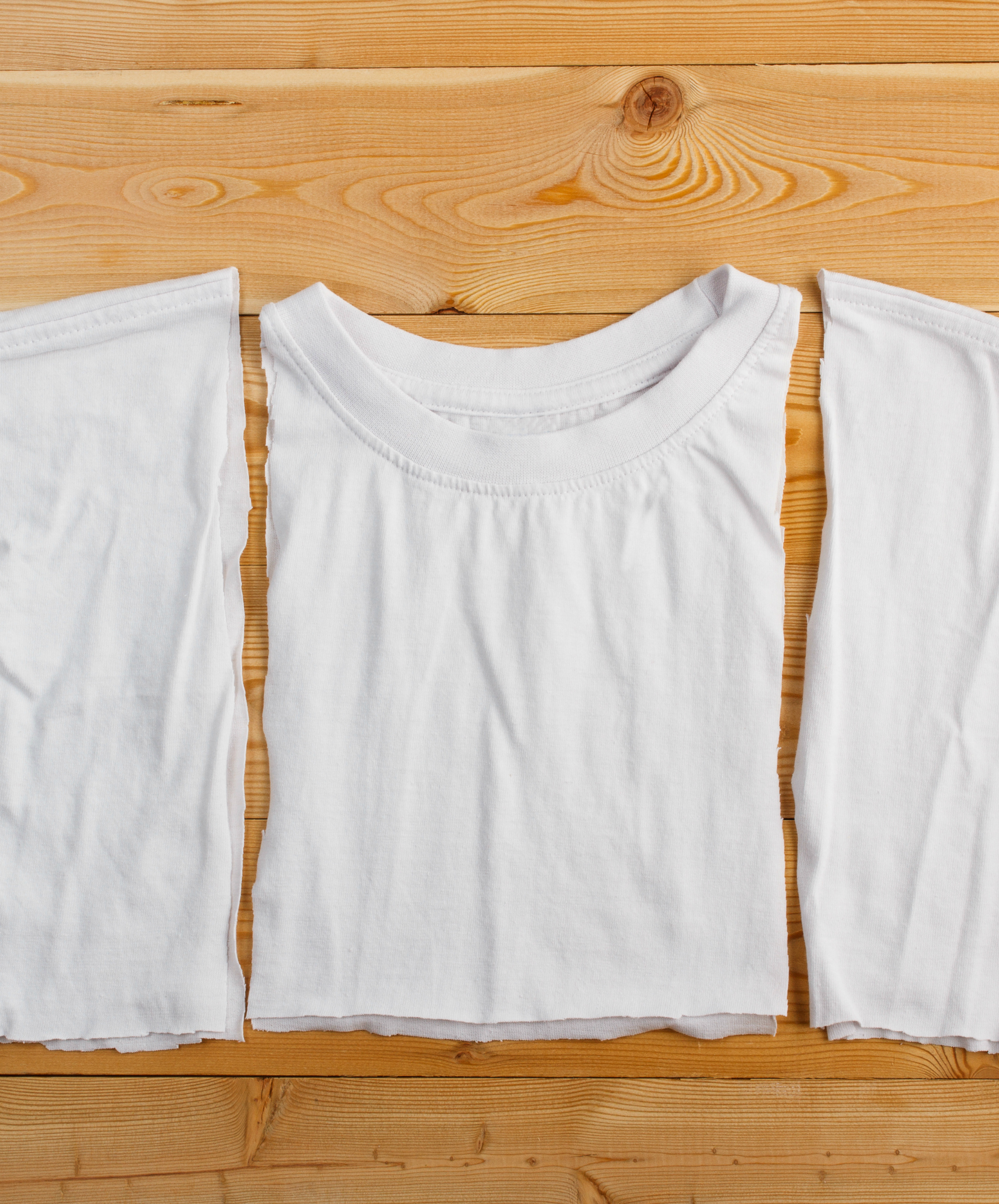
Even Marie Kondo has famously held on to one old T-shirt, because it means something to her and still sparks joy. Most Americans have tons of these, some less joy-sparking and more guilt-inducing, either from an emotional investment standpoint or the fact that we paid so much for them. If you're handy with a sewing machine, you can make original statement pieces from T-shirts. If you're handy with scissors, you can turn them into rags, and save a bundle on scrub sponges and disposable wipes.




